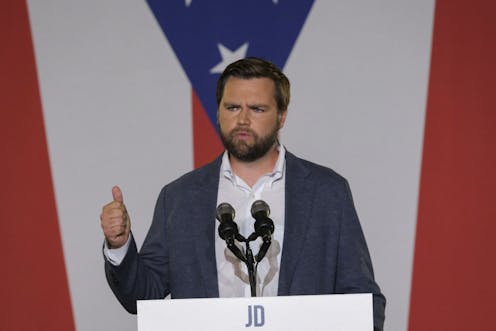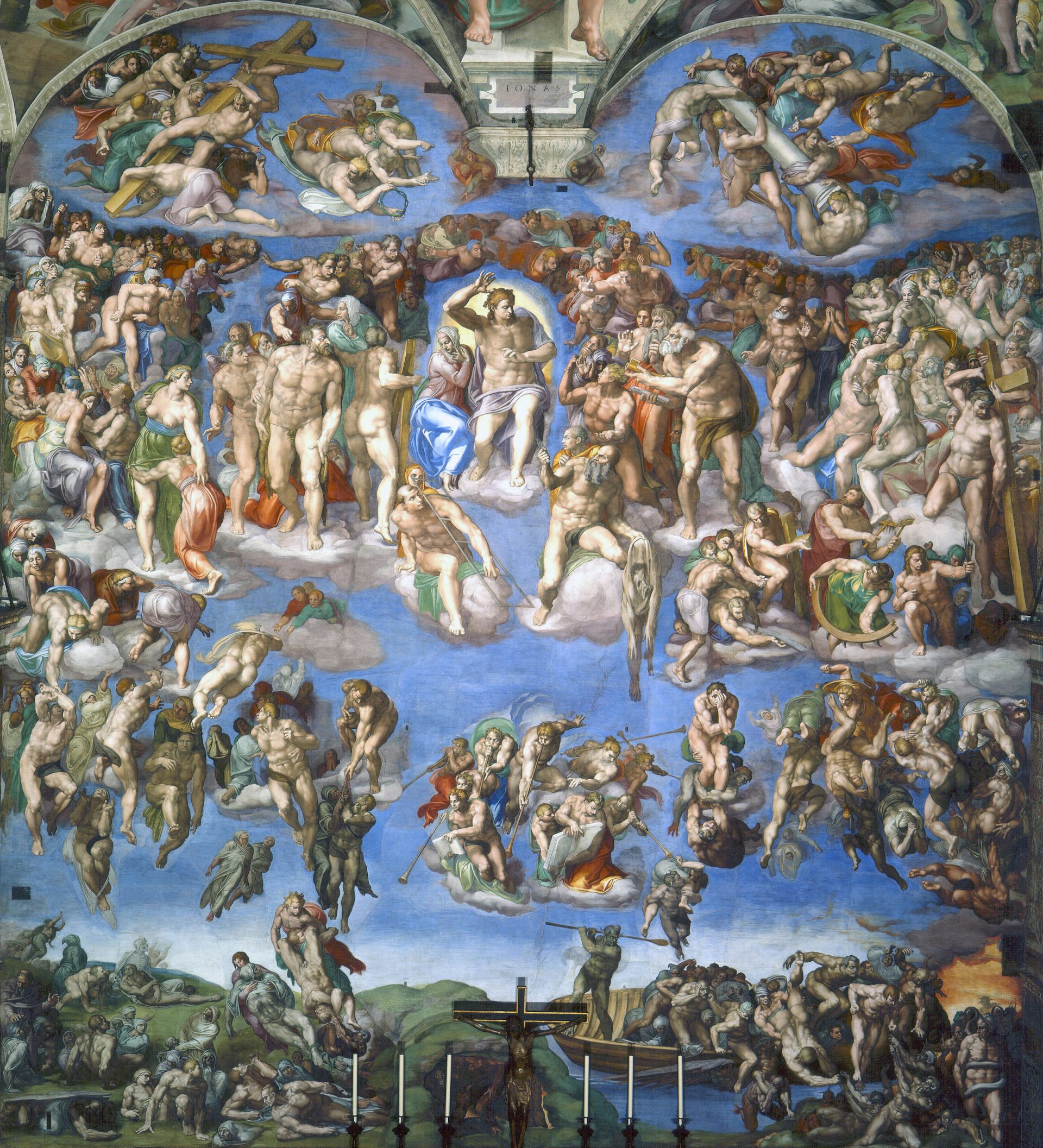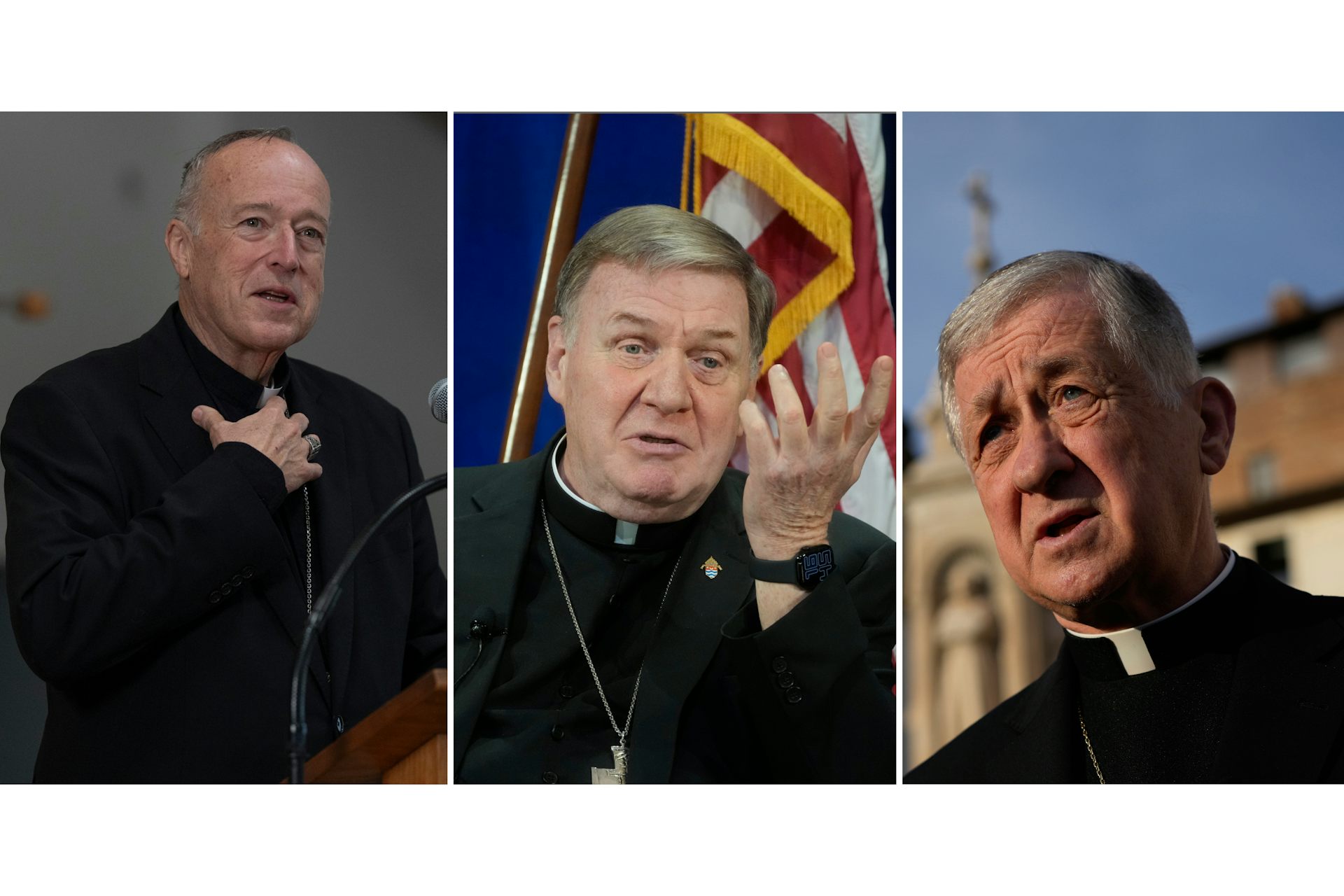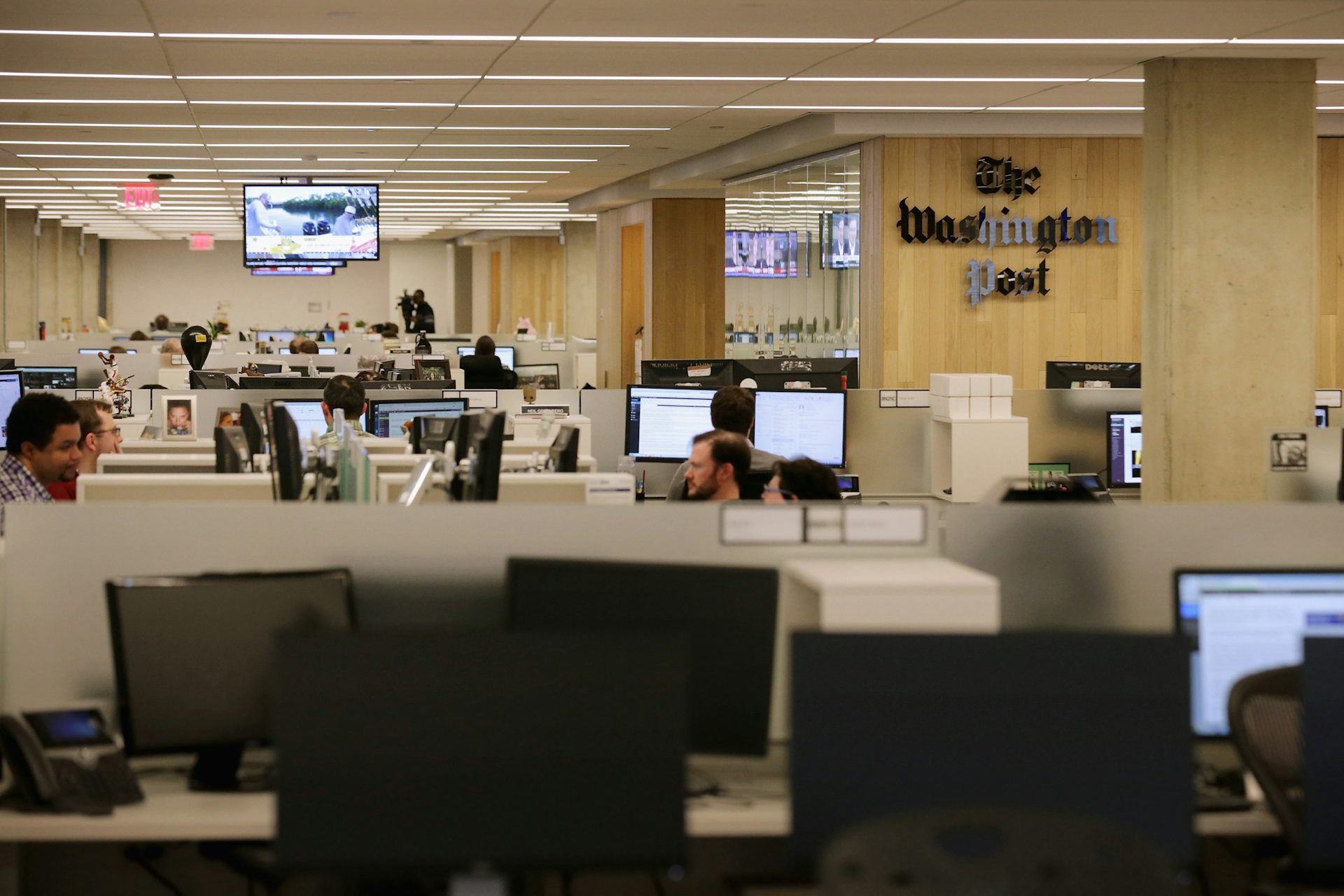What is Catholic Integralism?
Catholic Integralists believe that religious values – specifically Christian ones – should guide government policies. They oppose liberalism, which they view as valuing individualism and liberty.

Since his nomination as the Republican candidate for vice president, focus has intensified on JD Vance’s religious beliefs and how they connect to his politics.
Vance is a convert to Catholicism and seems to have the same policy positions that many American Catholic conservatives hold: opposition to abortion, support for the traditional family, skepticism regarding liberal immigration policies and efforts to combat climate change, and advocacy of economic tariffs.
Some news reports have also referenced Vance’s apparent association with Catholic Integralism, although Vance himself has not addressed the issue publicly.
So, now might be a good time to ask: What is Catholic Integralism?
What is Catholic Integralism?
The basic position of Catholic Integralism is that there are two areas of human life: the spiritual and the temporal, or worldly. Catholic Integralists argue that the spiritual and temporal should be integrated – with the spiritual being the dominant partner. This means that religious values, specifically Christian ones, should guide government policies.
Catholic Integralists disagree about how to achieve this integration between the spiritual and temporal. Some argue that Christians, particularly Catholics, should have advisory roles in government and lead by example. Other Catholic Integralists want a more comprehensive approach to organizing society along Christian principles.
Catholic Integralists share an opposition to liberalism. Generally, liberalism is understood as a political philosophy that supports limits on the government’s authority and constitutional protections for the rights of individuals and minorities. But Catholic Integralists argue that liberalism is incapable of establishing deep forms of human community because it values individualism and liberty above all things.
The irony, from the Catholic Integralist perspective, is that liberalism is not really that liberal. Instead, liberalism demands – and enforces – adherence to a certain set of values, like tolerance and pluralism, that prevents creating a social order in which human beings can realize a larger, God-given meaning for their lives.
Catholic critiques
There are strong criticisms of Catholic Integralism coming from both within the Catholic church and beyond.
The Vatican II document, “Dignitatis Humanae,” affirms that the state should protect religious liberty for all, not only Catholics. This is a position that some Catholic Integralists would find problematic.
Other critics have argued that Catholic Integralism is “unreasonable” and unworkable because society needs to rely on the cooperation of individuals who inevitably have different ideas and values.
Vance and Integralist views
When considering Vance’s current policy commitments, some certainly seem consistent with Catholic Integralist views. For example, Catholic Integralists might justify opposing immigration and migration because they believe that society needs to be more homogeneous in order to have a shared system of values.
Additionally, Vance has recently called to criminalize gender-affirming care for minors. In one sense, Vance is expressing the overall Catholic belief that sex and gender distinctions are willed by God – a point that Pope Francis has also made. But moving to enforce this religious belief by law might reflect a Catholic Integralist position that society must respect “natural law,” or the order of the universe as believed to be established by God.
Right now, Catholic Integralism is of interest to a distinct minority of Catholic academics and political conservatives in the the English-speaking world. But if Vance is elected vice president, it will be interesting to see what happens if he clarifies – or expands – his apparent Catholic Integralist connections.
Mathew Schmalz is registered Independent voter.
Read These Next
How Homeland Security’s subpoenas and databases of protesters threaten the ‘uninhibited, robust, and
It’s difficult to measure what is lost when an opinion is never voiced and impossible to catalogue…
Why Michelangelo’s ‘Last Judgment’ endures
The artist used daring imagery that sparked controversy from the moment it was unveiled.
What is and isn’t new about US bishops’ criticism of Trump’s foreign policy
The Catholic Church’s teachings on ‘just war’ have guided leaders’ long history of opposing…





